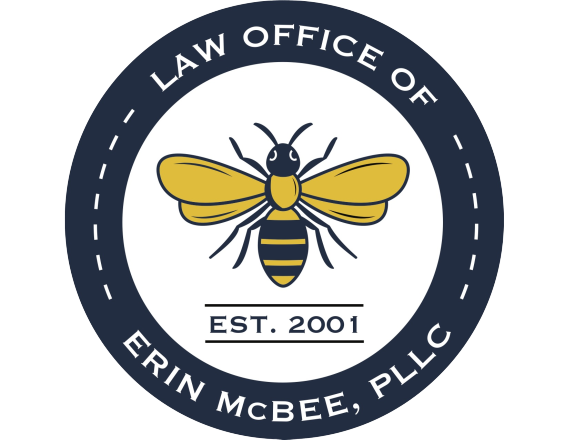Essential Components of An Estate Plan
Will - Directs the distribution of property that falls into your “probate estate,” appoints a guardian for your child(ren), appoints an “executor.” Your probate estate is all of your property that does not pass automatically to another, like IRA’s or life insurance policies which have a beneficiary designation as well as jointly held property. The executor distributes your property after your death, files probate paperwork, files your final taxes, pays off any creditors, and other administrative tasks.
Durable Power of Attorney - Appoints someone to take care of your financial affairs if you are incapacitated.
Health Care Power of Attorney (aka, Health Care Proxy) - Appoints someone to make your health care decisions if you are unable to do so. Here’s a brief video explaining the power of attorney: Health Care Power of Attorney Informational Video
Emergency Guardianship Proxy - Immediately appoints someone to take care of your minor child or adult disabled child for a temporary period if you are unable to do so or if you have died. (The guardian appointment under your Will must be formalized by the Probate Court.)
Living Will (aka, Advance Directive) - Provides instructions on end of life care to your Health Care Agent.
HIPAA (Health Information Portability Accountability Act) Authorization - Names those who can speak to your health care providers, but does not grant them the authority to make health care decisions for you. Your health care agent under your Health Care Power of Attorney has this authorization as stated in that document but you may wish to grant others the authority to speak to your providers to keep them in the loop if you are hospitalized as well as to enable them to assist your health care agent in mangaging your health insurance claims and medical billing.
Homestead Declaration - If you own a home, you can increase your protection from creditors by filing a Homestead Declaration.
Additional Components
Life Insurance, retirement accounts, long term care insurance and other financial vehicles should also be considered as part of your overall estate plan.
Trusts - there are many different forms of trusts to help you save on probate costs, estate taxes, gift taxes, or to protect your assets, provide support for your loved ones including pets (or yourself if you become disabled). Trusts give you greater control over your property after your death by directing how your money should be used and when it should be disbursed.
Revocable Trust, aka, Living Trust - you remain in control as Trustee unless you are incapacitated at which point the successor trustee serves. After your death, the trust becomes irrevocable and your trust assets pass per the terms of your trust. This type of trust will avoid probate of the trust assets and ensure there is someone to take care of you and your assets if you become incapacitated. For married couples, this trust can include provisions for estate tax savings. You can control the disposition of your assets to your heirs without probate court involvement. For example, you can mete out your children's inheritance in stages like 1/3 at age 25, 1/3 at age 30 and the rest at age 35.
Irrevocable Trusts (including Irrevocable Life Insurance Trusts) - similar to the Revocable trust with the main difference being it cannot be changed (with some limited exceptions). This type of trust will usually not be included in your taxable estate upon your death and may not be considered an available asset for Medicaid eligibility. Funding of this type of trust may entail gift tax or capital gains issues. These types of trusts are more complex and entail careful review of all of your assets and your estate planning goals.
